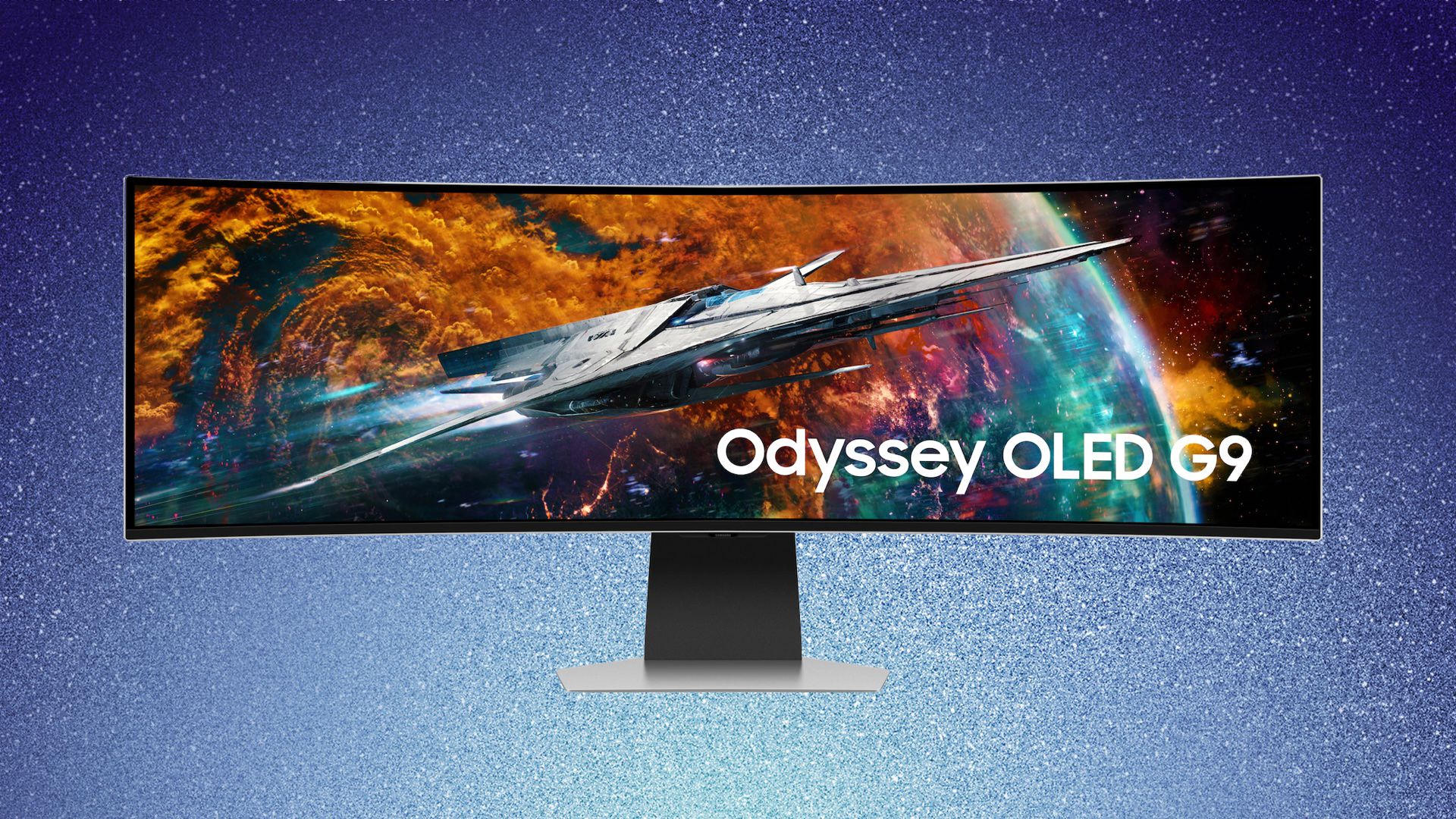Google has recently introduced the Data Commons Model Context Protocol (MCP) Server, a tool that enables AI developers and researchers to easily access the public dataset collection available through Data Commons.
The new MCP server provides a unified way to access datasets published on Data Commons:
This allows developers to leverage our comprehensive data without needing to learn or directly interact with complex underlying APIs. It dramatically accelerates the creation of data-rich, agentic applications that reduce the rate of hallucinations in LLMs.
The Data Commons MCP server allows analysts and data scientists to execute queries in natural language such as “What health data do you have for Africa?”, “Compare the life expectancy, economic inequality, and GDP growth for BRICS nations”, “Generate a concise report on income vs diabetes in US counties”, among others.
According to Data Commons head Prem Ramaswami, this capability is a game-changer, shifting “data-driven decisions from complicated to practical”, whereas previously, analysts would often give up on manually searching through disparate and diverse data sources.
Ramaswami also highlights the case of ONE, a global organization advocating for investment in Africa, which leveraged the Data Commons MCP Server to build an interactive platform that allows users to search through tens of millions of health financing records using plain language. Users can also visualize the results and download clean datasets for further analysis.
This first-of-its-kind tool uses AI and human expertise to unlock trusted health financing data in seconds—a powerful new resource for those shaping policy and driving change.
The Data Commons MCP server is implemented as a PyPi package and supports either datacommons.org as the default server or a custom Data Commons instance. For a quick start, Google is providing a Colab notebook demonstrating how to build and run an agent that interacts with the Data Commons MCP Server.
Google launched Data Commons in 2018 to make datasets from a variety of sources publicly accessible, including government surveys, local administrative data, and statistics from global organizations such as the United Nations. Data Commons uses a graph data model that can be accessed via a browser interface and several APIs. The model is also accessible through Google Search using natural language queries.










